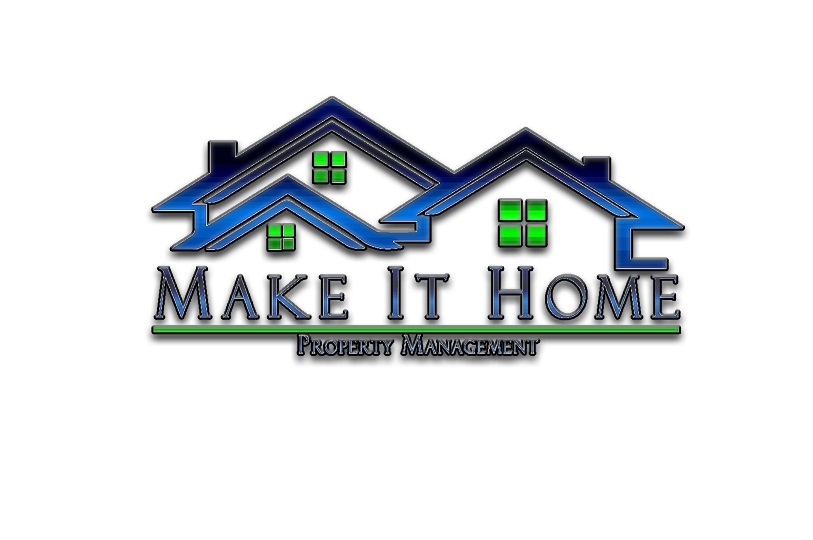5 Ways to Become a Better Tenant
You may ask yourself why would I want to be a better tenant. I pay my rent-on time and I take care of the home. Those are the basic requirements of a good rental relationship with a property manager or landlord. However, turning the relationship from good to outstanding instills a deeper sense of pride in you as a tenant and develops a bond in which everyone benefits. Consider these 5 things as you evaluate your past, current or upcoming rental relationship.

Attitude: Attitude makes a difference. Property managers and landlords want to work with prospective tenants with a good attitude. Prospective tenants with a bad attitude may be perceived as difficult. Difficult people are less appealing and take more time which ultimately cost more in resources. On the other hand, prospects with a good attitude may check the first box in the rental process. A good attitude lets them know that they can work with you.
Honest Communication: Communicate honestly when you apply for a rental. If there are unusual circumstances or you just need to explain a few things, do it upfront no matter how scary it may seem at the moment. You don’t want to start a relationship with a lie. It violates the trust when the property manager or landlord finds out. Not to mention, lease decisions are usually determined by the information provided and gathered in the application process.
Providing inaccurate, false or intentionally omitting pertinent information may be grounds for eviction. Tell your story even if it’s challenging or makes you uncomfortable. The worst thing that can happen is you don’t get to rent the property. However, the best thing that can occur is that you may be pleasantly surprised to find that many property managers and landlords will work with you. If you get that opportunity, make the most of it by following through on your lease agreement and if you can exceed their expectations- do it. You will develop confidence and a sense of pride in your ability to change your circumstance and the property manager/ landlord will continue to champion your cause.
Move In: When you move into the home, take care of it. Start with keeping it clean. A clean home can prevent and eliminate insect and pest infestations. Change filters (HVAC and refrigerator) once a month or as necessary depending on your circumstance. Consider a deep clean at least once a year. That includes but is not limited to baseboards, window sills, ceiling fan blades, stove, cob webs on the ceiling, carpet cleaning etc. Maintaining the home as you live there makes the move out cleaning and process less stressful. Leave the home in the same or better condition than you received it.

Be accountable: Pay the rent on time. If you find you will be late, notify the manager or landlord as soon as you know. This enables them to plan. Expect to pay a late fee the following month. Late fees are usually a consequence of paying rent after the due date or grace period. Failure to pay the late fee can cause future rents to be late so be sure you understand how paying late impacts you financially as well as your credit. Remember late payments affect everyone, property managers/landlords, vendors, and in many cases the mortgage company.
More importantly, they trigger the eviction process which may be time consuming and costly. In addition to paying the rent on time, report damages and/or needed repairs timely. Failure to report items such as leaks when they are discovered may increase the repair cost. Take a look around the home periodically for spots on the ceiling and walls; listen for running toilets, check water lines connected to the refrigerator to ensure they are not leaking, observe the plumbing under the sink in the bathrooms/kitchen for leaks. If you find an issue, report it. Also report items in which you may have fixed. It’s nice to keep the manager/landlord informed of all damages and repairs. Be proactive as well as accountable.
Own it: Think of the home as if it is your own with modifications. The renting opportunity can be so much more than paying rent and reporting damage for the property. Although the home does not belong to you, it can be a trial run for home ownership. You take care of small items like light bulbs, filter and smoke detector battery changes; cutting the grass, edging bushes, etc. While the owner takes care of systems problems and anything major. Time in the rental also allows you to develop habits of being proactive and planning for bigger home repair projects. It helps you to understand how much things can cost and how long it can take for the repairs.

The most important part of the experience is it can develop and or enhance your sense of pride. Adhering to these things and becoming a better tenant can prepare you for home ownership if you embrace the experience and want to purchase. It may also be the difference in an ok reference or a raving fan reference for those who continue to rent. What choice will you make?


